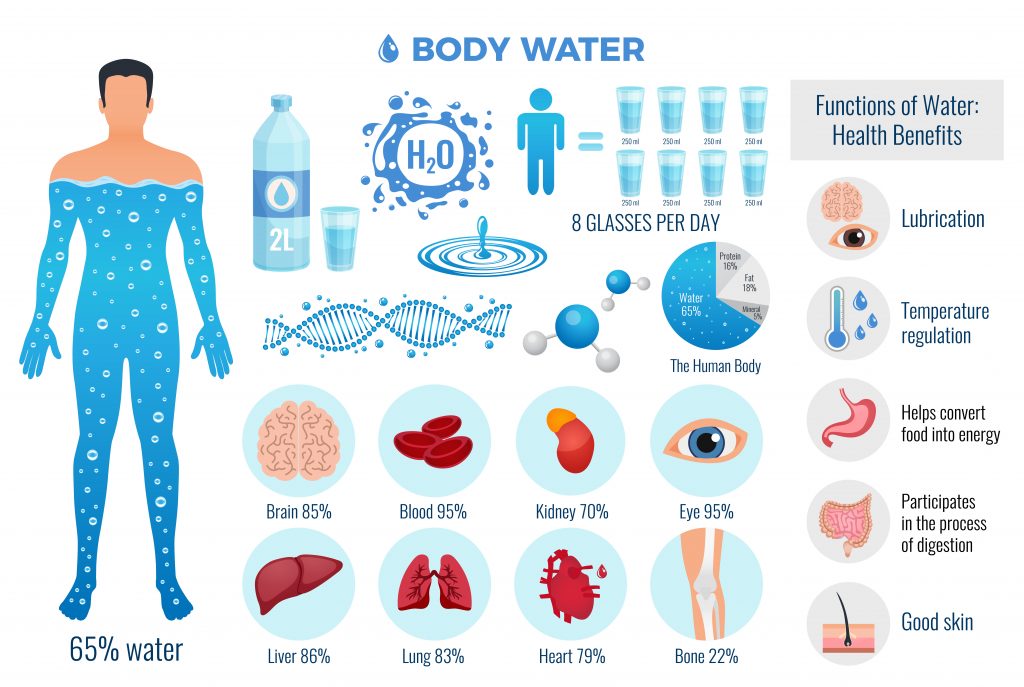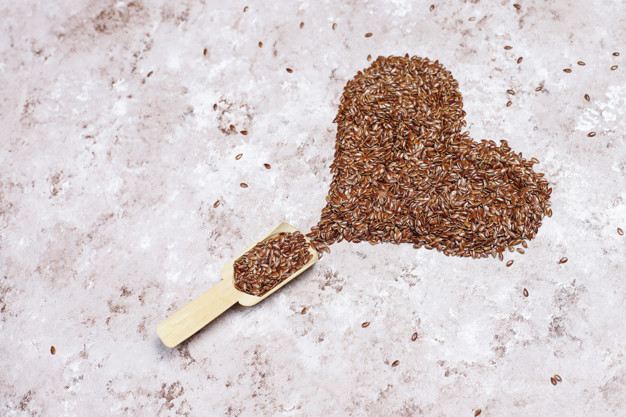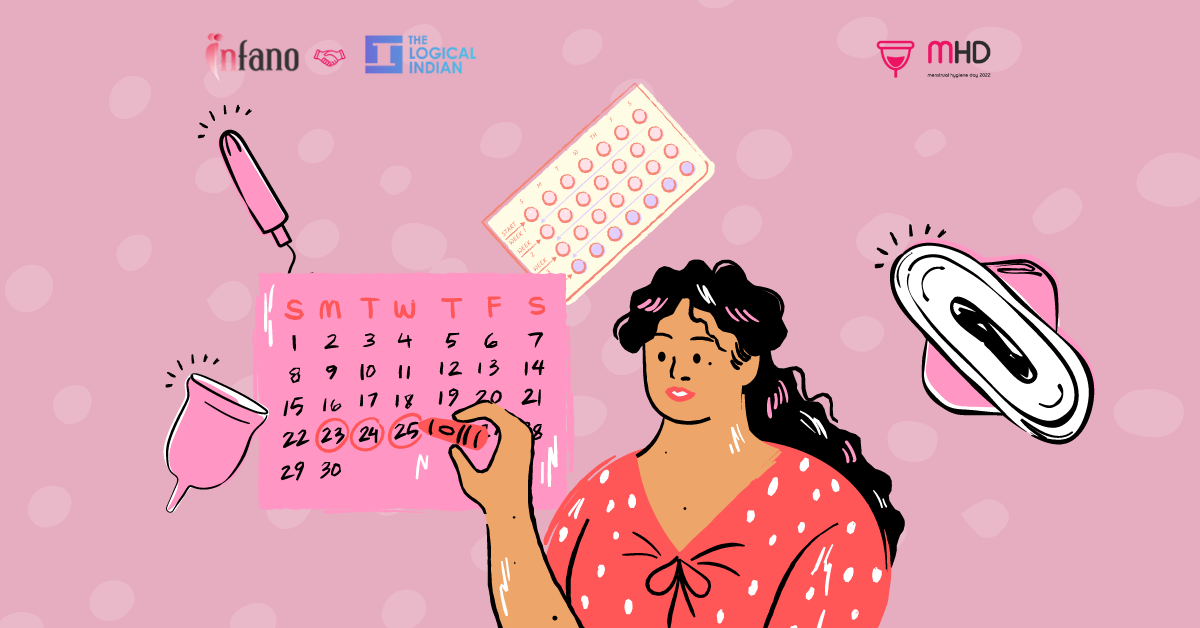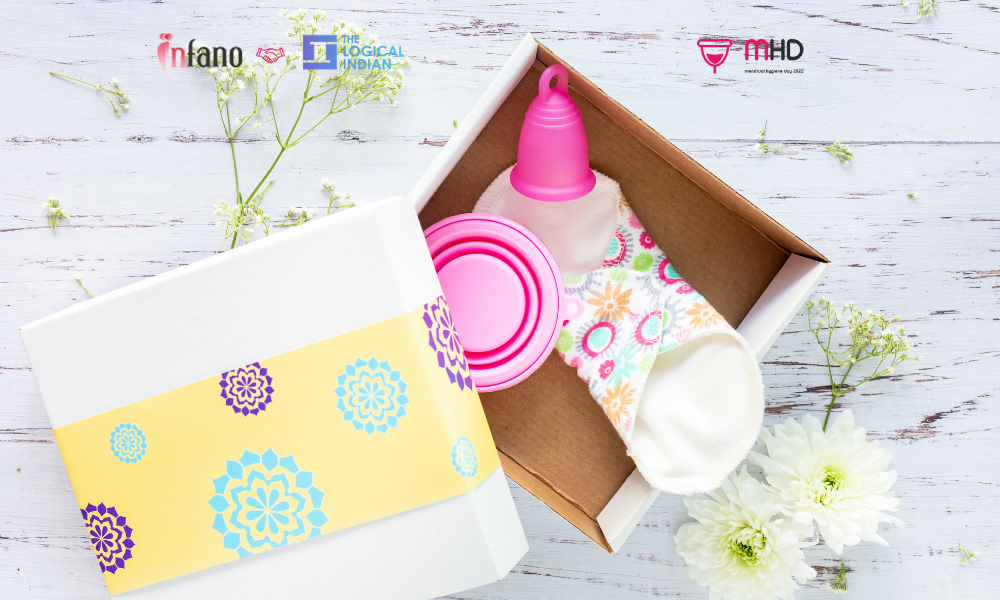How much water do we need every day to maintain good menstrual health? I’m glad you asked! The answer is: it depends. Factors such as how active you are, the climate you live in, and your size all play a role. Read more about what it takes to stay hydrated in this blog post by Infano.
Why We Need to Stay Hydrated
The body is made up of nearly 65% water and if we don’t keep this balance, we can become ill. There are many diseases that can be caused by dehydration such as kidney stones, osteoporosis, and high blood pressure. For those who suffer from chronic illnesses such as asthma or diabetes, it can also cause complications like seizures and coma. On the other hand, if the body is not fully hydrated it can lead to dry skin, stomach problems, depression, irregular periods, period cramps, and even weight gain. The best way to get your daily water intake is by drinking 8-10 cups of water per day.

How Much Water Should I Drink?
The National Academy of Medicine designates the adequate intake (AI) of water at 3 liters, or 12 cups, per day. This translates to about 8-cups for women and 13-cups for men. However, there are no specific recommendations on how to consume water. It depends a great deal on your activity level, personal preferences, and whether you The National Institute of Health recommends that people drink at least 8 glasses of water a day, but it is up to you how much water you need to drink. Instead, keep track of your urine output and make sure you are drinking enough if your urine is light yellow or clear. Not drinking enough water can cause dehydration, but drinking too much can lead to hyponatremia, a condition where the sodium level in your blood is abnormally low.
What Causes Dehydration?
Dehydration is caused by water loss through breathing, sweating, and urinating. When our bodies are healthy, they produce enough saliva to keep our mouths moist, which prevents the body from becoming dehydrated. However, when we’re sick or too tired to drink fluids or eat foods with high water content, we may become dehydrated. Our body’s natural process of cleansing the lymphatic system and circulation is called the lymphatic pump. The lymphatic vascular system is composed of a network of vessels and lymph nodes. The Lymphatic System’s primary function is to transport fluid, nutrients, and waste products between the cells and to remove the toxins that are produced by cellular processes.
Detoxifying our Body and Keeping It Clean
A healthy body is made of clean cells, which come from an abundance of water. Drinking water supports our metabolism and helps to eliminate toxins from the body. Water also helps regulate our body temperature, improves digestion, and clears up the skin, increases energy, and improves the body’s ability to work. When our body is dehydrated, it doesn’t function as well. Our minds are less alert and we feel tired – a sign of dehydration. Water also helps our body’s cells do their jobs better because it’s the main building block of our cells. Water is needed to produce energy and this allows us to be more physically active and energetic.
Symptoms of Dehydration
Dehydration is a serious condition that can be fatal. If you find that you’re often thirsty or urinating more than usual, it may be due to dehydration.
Symptoms of dehydration may include:
- headache/dizziness
- muscle cramps
- flushed skin
- feeling tired or weak – no urination for 12 hours
- not sweating when normally would – feeling light-headed, dizzy or faint when you stand up after sitting
How drinking water helps for good menstrual health
Hormones change throughout the menstrual cycle. Estrogen is dominant during the first half of your cycle while progesterone dominates during the second half. Menstruation typically lasts 4-5 days with ovulation occurring halfway through the cycle. There’s no one “ideal” menstrual cycle; however, irregular or long menstrual can indicate health issues (such as hormone imbalance). This is one of the vital signs measured by your doctor in order to assess general health balance.
If you experience many symptoms throughout your cycle, your body may be telling you something needs to change. One important thing you can change for maintaining good menstrual health is how well hydrated you are.
The root cause of your period irregularities may be due to hydration if you’re not drinking enough fluids during your cycle. Drinking enough water throughout the day is key for good health; it helps to flush out toxins, regulate our body’s pH levels, improve cardiovascular health, and better circulation among many other benefits. Overeating or undereating can make you feel bloated or depressed.
It is important to attend to your body’s basic needs like hydration when paired with the symptoms of puberty. For example, proponents of Ayurvedic medicine recommend avoiding meat and dairy in order to heal imbalances present with people who produce excessive heat in their reproductive period. Still proponents of western medicine view diet as secondary to malnutrition which can lead to pelvic imbalances in women with an estrogen-dominant cycle.
Conclusion
A human body can lose up to two gallons of water in only one day. With so many risks of staying dehydrated, it is necessary to drink at least eight glasses of water per day. Dehydration is one of the most common causes of illness in the world today. Drinking enough water is the best way to maintain a healthy lifestyle as well as a healthy period.




















